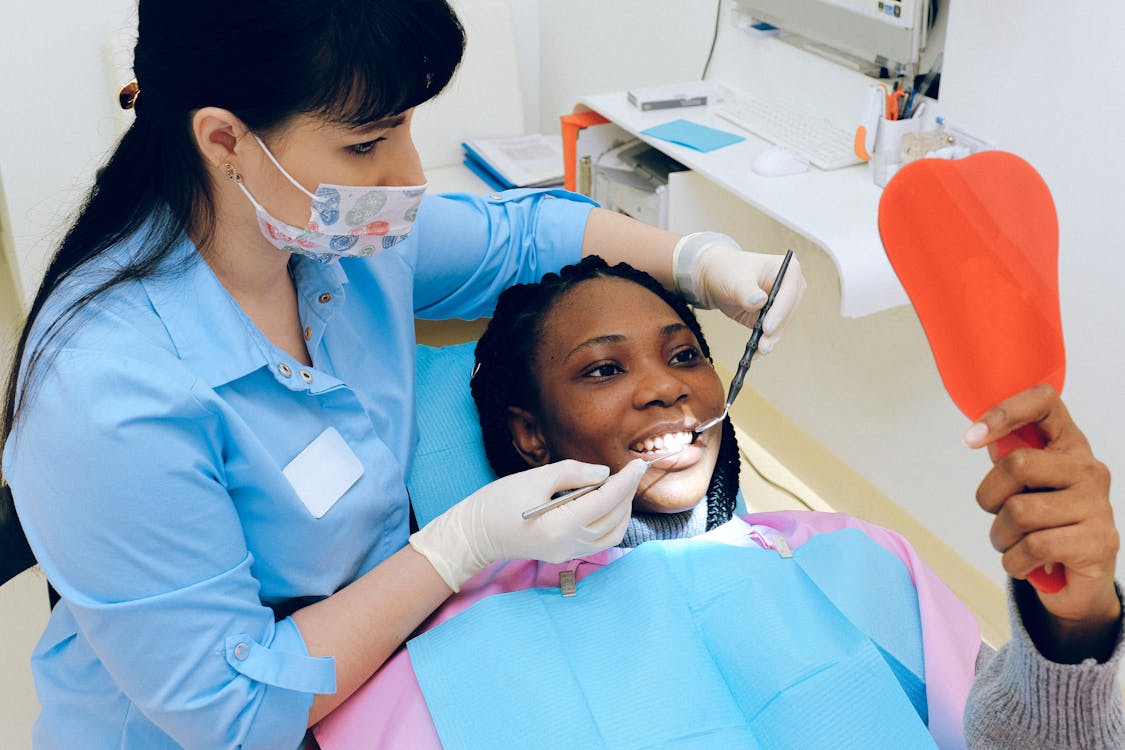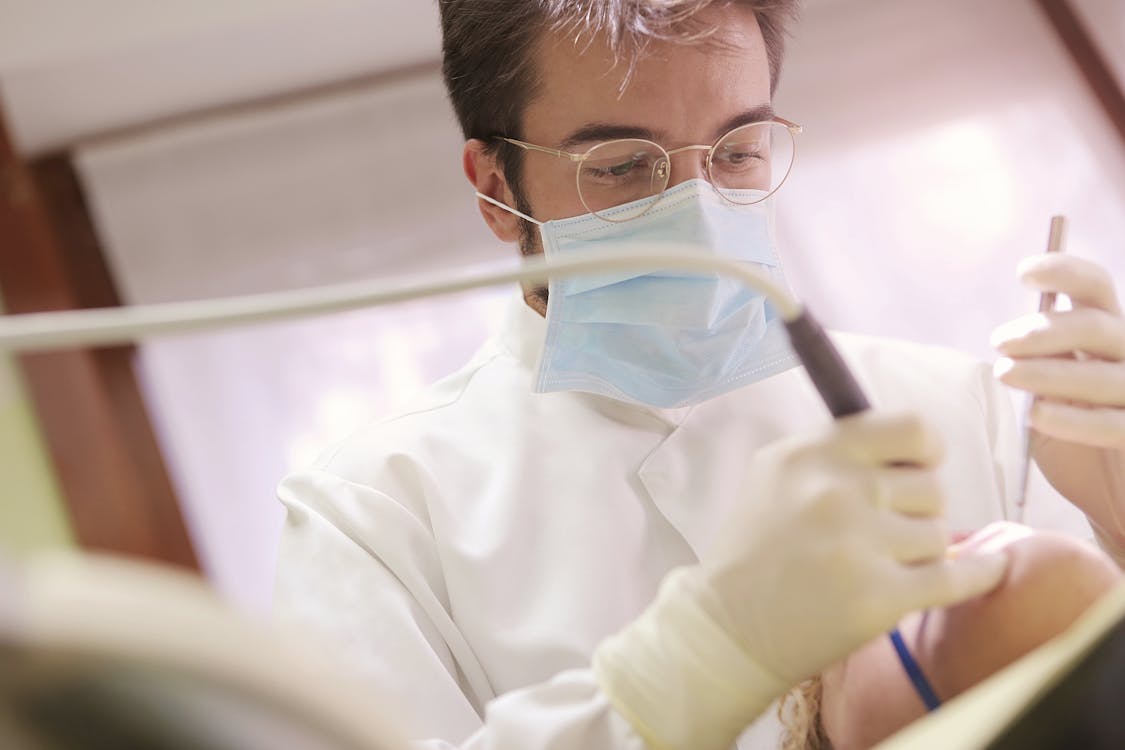
Becoming a dentist is just the beginning of a lifelong journey of learning and professional growth. While dental school provides a solid foundation in general dentistry, many dentists choose to pursue advanced education and specialized training to enhance their skills, expand their scope of practice, and stay abreast of the latest advancements in the field. From residency programs and fellowships to advanced degrees and specialty certifications, advanced dental education offers countless opportunities for dentists to further their careers and make a meaningful impact in the lives of their patients. In this article, we’ll delve into the world of advanced dental education, exploring the various options available and the benefits they offer to aspiring dental professionals.
The Path to Mastery:

After completing dental school and obtaining their dental license, many dentists choose to pursue additional training and education to refine their skills and specialize in a particular area of dentistry. Advanced dental education encompasses a wide range of programs and opportunities, each designed to provide dentists with the specialized knowledge and expertise needed to excel in their chosen field.
Residency Programs:
One common path for dentists seeking advanced education is to enroll in a residency program. Dental residencies typically last one to two years and provide intensive training in a specific area of dentistry, such as oral surgery, orthodontics, endodontics, or periodontics. Residents work closely with experienced faculty members and gain hands-on experience treating patients in a clinical setting. Residency programs offer a structured curriculum, mentorship opportunities, and exposure to a wide range of clinical cases, allowing residents to develop advanced clinical skills and build confidence in their abilities.
Fellowships:
For dentists looking to delve even deeper into a particular area of dentistry, fellowships offer specialized training and research opportunities beyond what is covered in residency programs. Fellowships are typically one to two years in duration and focus on a specific subspecialty within dentistry, such as pediatric dentistry, oral and maxillofacial surgery, or implant dentistry. Fellows have the opportunity to work alongside experts in the field, conduct research, and gain exposure to cutting-edge techniques and technologies. Fellowships are ideal for dentists who are passionate about a particular area of dentistry and want to become leaders in their field.
Advanced Degrees:
Some dentists choose to pursue advanced degrees, such as a Master of Science in Dentistry (MSD) or Doctor of Dental Surgery (DDS), to further their education and advance their careers. Advanced degree programs typically combine coursework, research, and clinical training and may require a thesis or dissertation project. Advanced degrees can open up new opportunities for career advancement, academic teaching, and research, and are often pursued by dentists interested in pursuing leadership roles or academic careers.
Specialty Certifications:
In addition to formal education and training programs, dentists can also obtain specialty certifications in specific areas of dentistry. Specialty certifications are awarded by professional organizations such as the American Board of Orthodontics or the American Board of Endodontics and typically require candidates to demonstrate a high level of expertise and proficiency in their chosen specialty. Specialty certifications are prestigious credentials that can enhance a dentist’s professional reputation and open up new career opportunities.
Continuing Education:
Even after completing formal advanced education and training programs, dentists must continue to engage in lifelong learning to stay current with the latest advancements in the field. Continuing education courses, seminars, and workshops offer dentists the opportunity to learn new techniques, stay abreast of emerging trends, and maintain their professional licensure. Continuing education is essential for dentists who want to provide the highest level of care to their patients and remain at the forefront of their profession.
Benefits of Advanced Dental Education:

The benefits of advanced dental education are numerous and far-reaching. For dentists, advanced education and training provide the opportunity to enhance clinical skills, expand clinical expertise, and differentiate themselves in a competitive job market. Advanced education can also lead to increased job satisfaction, higher earning potential, and greater opportunities for career advancement.
For patients, advanced dental education means access to a higher level of care and expertise. Dentists who have completed advanced education and training programs are better equipped to diagnose and treat complex dental conditions, provide specialized services, and offer innovative treatment options. Patients can feel confident knowing that they are receiving care from a highly skilled and knowledgeable dental professional who is committed to excellence.
Advanced dental education is a journey of lifelong learning and professional growth that offers countless opportunities for dentists to expand their skills, deepen their expertise, and make a meaningful impact in the lives of their patients. Whether through residency programs, fellowships, advanced degrees, specialty certifications, or continuing education, advanced education and training empower dentists to provide the highest level of care and stay at the forefront of their profession. By investing in advanced education, dentists can unlock new career opportunities, elevate their practice, and achieve their full potential as dental professionals.


